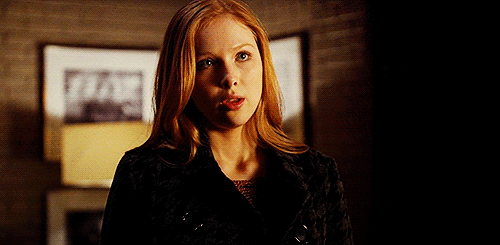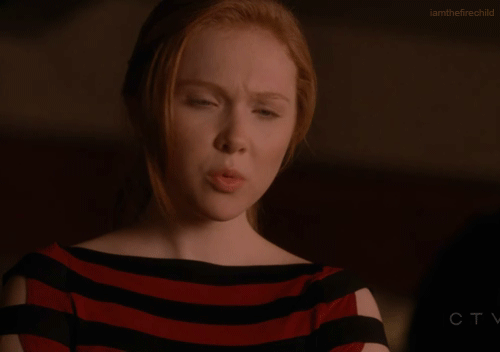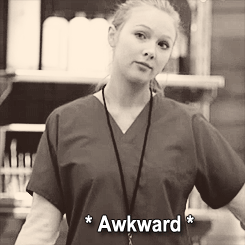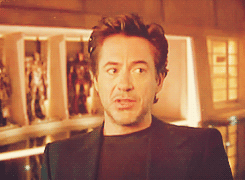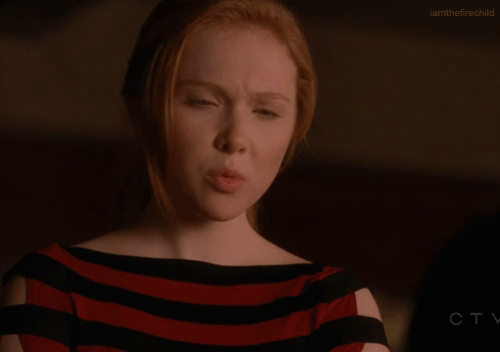[rebloggable by request]
Well, first of all, WELCOME TO ONE OF MY PET PEEVES.
A female character does not have to be “strong” (whatever your definition of that is) to be a good character.
Women can be strong, or wussy, or emotional, or stoic, or needy, or independent, and still be legitimate people and interesting characters.
In our totally understandable desire to see portrayals of strong women (in reaction to decades of damsels in distress and women as appendages), we’ve somehow backed ourselves into this corner where the only acceptable portrayal of a woman in the media is a strong, kick-ass woman. That is not doing women any favors. It just leads to the attitude that you have to be ONE WAY ONLY to be legit as a woman. You shouldn’t have to be Natasha Romanoff or Xena to be considered a good character. Don’t get me wrong, I love a good Buffy as much as the next person, but that should not be the only acceptable portrayal. It should be okay for a female character NOT to be strong, too. Let’s take Molly Hooper as an example. She is not the stereotypical “strong” woman. But hell, she went through medical school, didn’t she? She’s smart, and she’s funny, and she serves a story function – she is not a major character, but she doesn’t have to be. But her character gets criticized because she pines after Sherlock. What, you never pined after somebody? Did it make you invalid as a person? You never got a bit silly over a crush? I know I did. And I still consider myself a strong woman. It should be okay for Molly to have a crush on Sherlock without getting the “oh, she’s so pathetic, what a terrible example, what a horrible female character” thing she so often gets. Yes, because it’s so terrible that a female character should reflect an experience that like 99% of us have had.
Screw writing “strong” women. Write interesting women. Write well-rounded women. Write complicated women. Write a woman who kicks ass, write a woman who cowers in a corner. Write a woman who’s desperate for a husband. Write a woman who doesn’t need a man. Write women who cry, women who rant, women who are shy, women who don’t take no shit, women who need validation and women who don’t care what anybody thinks. THEY ARE ALL OKAY, and all those things could exist in THE SAME WOMAN. Women shouldn’t be valued because we are strong, or kick-ass, but because we are people. So don’t focus on writing characters who are strong. Write characters who are people.
The only bad female character, if you ask me (and you did), is one who’s flat. One who isn’t realistic. One who has no agency of her own, who only exists to define other characters (usually men). Write each woman you write as if she has her own life story, her own motivations, her own fears and strengths, and even if she’s only in the story for one page, she will be a real person, and THAT is what we need. Not a phalanx of women who can karate-chop your head off, but REAL women, who are people, with all the complexity and strong and not-strong that goes with it.
This is why I disagree with the “damsel in distress” criticism of Irene in the last scene of Scandal. Here’s the thing about being a damsel in distress…it’s only bad if that’s all she is. If the character’s defining characteristic is being a damsel in distress, that’s bad. But if an otherwise complex character with lots of other agency and actions happens to be in distress, then…that’s all it is. She is in distress. That happens. Characters are often in distress, or there would be no plots. Should a female character never be allowed to be in distress, at ALL, to be valid? No.
A strong female character is one who is defined by her own characteristics, history and personality, and not solely by the actions or needs of other characters. She is a person in the story, not a prop. That is the best definition I can come up with. Note that my definition did not involve martial arts.
That was probably longer than you were anticipating! I’ve had that percolating for a long time.



